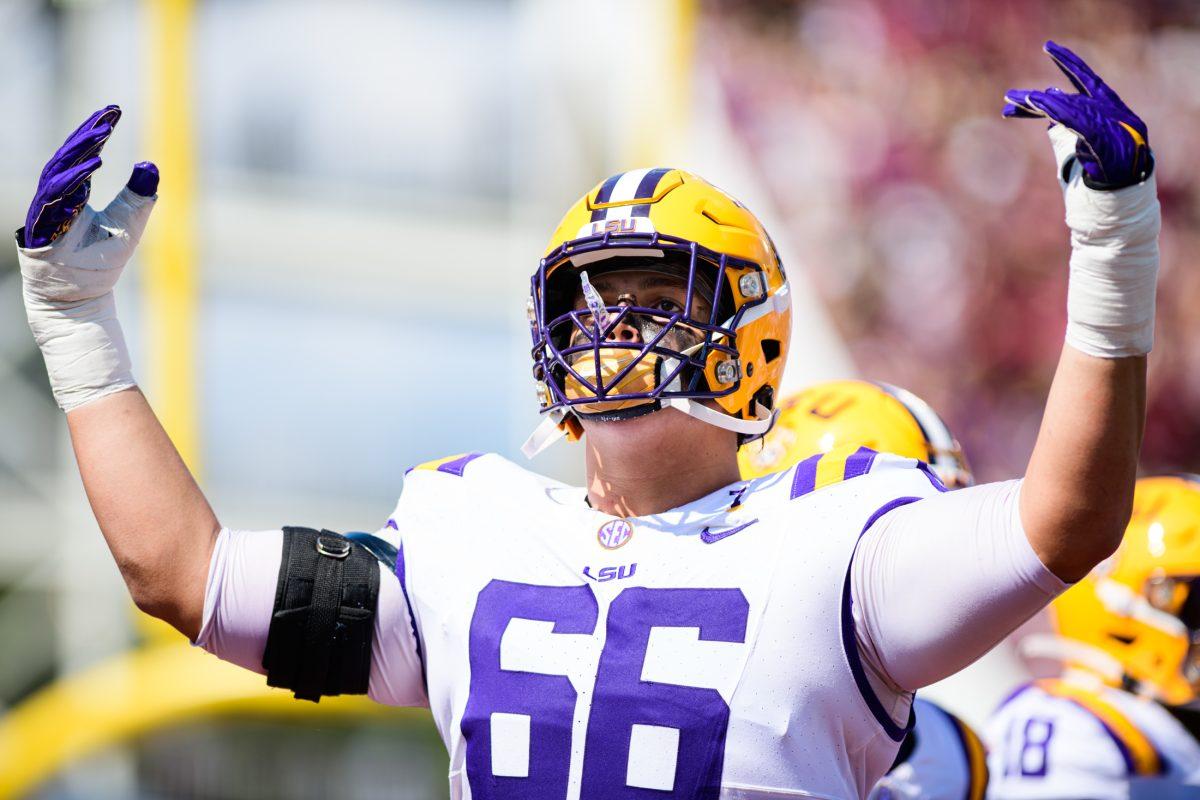The LSU baseball program nearly reached the pinnacle of two separate arenas in 2008.On the field, the Tigers made their 14th trip to Omaha, Neb., for the College World Series, and in the classroom, the program posted some solid performances as well.LSU fell short in its national title bid that year, but the Tigers were perfect in the classroom, achieving a 1,000 on the Academic Progress Rate report.Instituted in the 2003-04 academic year, the APR is considered a measure of how well universities are performing in the classroom in terms of moving players closer to graduation.”With the APR, we get a real-time measure of what is going on with eligibility and retention with our students,” said Karen Schiferl, Ole Miss senior associate athletic director for academic support. “It’s a little different than graduation rates in which you see a six-year cohort. When the 2009 graduation rates came out, that was really the freshmen who came in 2002-03.”LSU baseball coach Paul Mainieri said he sees the good intentions behind the system but notices it has shortcomings.”A student athlete should be a student,” he said. “There’s no question that a lot of kids were wasting their time at universities just to play sports and weren’t concentrating on getting an education … What the APR has done is it’s really forced schools, coaches and players to realize that they have to be students. If that’s the goal, then it has served its purpose.”It has been a long road for the LSU baseball program to get to where it is today.LSU’s perfect score in 2008 was a far cry from earlier APR scores for the team. The number lingered in the low 900s before Mainieri’s arrival in Baton Rouge,”When I took over the program at LSU our APR number was … precariously close to being in a desperate situation,” Mainieri said. “We were already on probation because if your APR is between a 900 and a 925, you’re already on probation.”Once a school scores into the 900-925 range, penalties such as the loss of scholarships are imposed.Between his first and second seasons at LSU, Mainieri’s Tigers were docked two players’ scholarships because they were academically ineligible and decided to transfer during the offseason.In total, the baseball team has a total of 11.7 scholarships to split among its 35 players.”It hurts [sports with a smaller number of scholarships] a lot,” said Senior Associate Athletic Director Herb Vincent. “Baseball has just taken a beating, and why they don’t offer more scholarships, I don’t know… [Mainieri is] already down, and if you lose even a portion of that, it hurts even more.”The transfer rules of the system in general are something with which Mainieri has said he has taken an issue.”When a player chooses to leave your university for whatever reason he chooses … but you as a university have provided him with all the support that you possibly could … I don’t understand where a university should be penalized,” Mainieri said.Mainieri said it has taken a complete team effort from everyone involved to get from there to where it is today.”We’ve worked really hard as a baseball program,” he said. “Not just as a coaching staff, not just as players but also the people in the Cox Communications Academic Center, particularly [Associate Director for Health and Wellness] Becca Hubbard, have all worked extremely hard on changing the culture among our players so that they take pride in their schoolwork.”Mainieri said he expects the baseball team’s cumulative ranking to be a 936 when the next report is released this summer. The cumulative ranking averages out the program’s past four APR reports.The success in the classroom could be attributed to the lessons Mainieri says he teaches his players.”I tell my players all the time, ‘Your skills as a player will diminish over time, and your career as a player will be over in a relatively short time, but your education will last forever,'” he said.Mainieri has been praised by the University administration for his work not only on the field but in the classroom.In his time at the school he has won a national championship, two SEC tournament championships and raised the program’s cumulative APR by 33 points. “We’re extremely happy with him and pleased with him,” Vincent said. “It’s the way he runs his whole program. It’s the attention to detail in everything you do whether you’re on the field or off the field.”
—-Contact Johanathan Brooks at jbrooks@lsureveille.com
Mainieri encourages players to continue success in classroom
May 7, 2010





